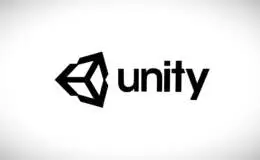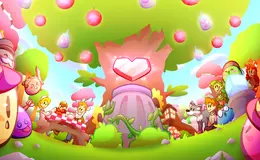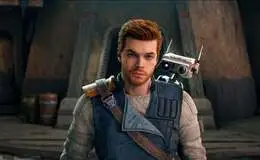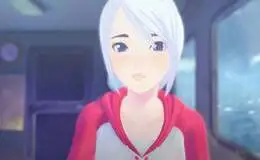Several game developers are urging their players to protest against Unity’s recent pricing changes. Under the new structure, developers who reach a certain level of revenue or game installations will be charged for each game installation. Some development teams have already announced plans to abandon Unity and switch to other game engines like Godot or Unreal.
One such developer is FrogteamGames, the creator of Frogsong. They expressed concerns about the financial risks that indie developers like them now face with Unity’s new fees. Free downloads and platforms like GamePass would become too risky due to these charges. The fees imposed by Unity do not benefit developers and can even harm them.
Innersloth, the developer of Among Us, is also considering leaving Unity. They believe that these changes would not only affect their studio but also other studios regardless of budget and size. If these changes are implemented, it may lead to delays in delivering content and features that players want.
AGGRO CRAB, the creator of Another Crab’s Treasure, expressed worries about their highly anticipated game coming to Xbox Game Pass in 2024. They fear that Unity’s fees could significantly reduce their income and threaten the sustainability of their business. This decision might force studios to reconsider using Unity for future titles.
Feverdream Softworks, the developer behind Orbo’s Odyssey, strongly opposes Unity’s plan and intends to migrate all projects to a different engine if it is implemented. The increased cost associated with removing Unity’s logo from opening screens under the new pricing structure is one factor driving this decision.
There are concerns among publishers as well about publishing games made with Unity if the new pricing structure goes into effect. It has been suggested that including information about which engine a game is built on in pitches will be important moving forward.
One major question raised by AGGRO CRAB and others is how exactly Unity will differentiate between legitimate game installations and pirated copies or malicious reinstallations. Unity has not provided detailed information about their system but claims that it provides an accurate determination of the number of times the runtime is distributed.
These recent changes have caused developers to question Unity’s commitment and trustworthiness. Many developers are worried about the financial implications and are considering alternative options. It remains to be seen how Unity will respond to these concerns from the gaming community.
What Children will Enjoy
- Children who play games developed on the Unity game engine may be affected by the new pricing structure announced by Unity.
- Some game developers are planning to switch to other game engines, which could impact the availability of games for children.
Key Facts
- Unity has introduced a new pricing structure that charges developers when someone installs their game, once they reach a certain threshold of revenue or installations.
- This change is causing concern among indie developers because it can be financially risky for them and limit their ability to offer free downloads or participate in platforms like GamePass.
- Some game development teams, including FrogteamGames and Innersloth, have expressed their intention to move away from Unity and use other engines like Godot or Unreal.
- AGGRO CRAB, another developer, is worried about the impact on their highly anticipated game coming to Xbox Game Pass in 2024. They fear that Unity’s fees could significantly reduce their income and threaten the sustainability of their business.
- There is confusion about how Unity will apply these fees and whether certain types of games, such as charity games or bundles, will be exempted.
- The new pricing structure may also affect publishers’ decisions to publish Unity games in the future.





